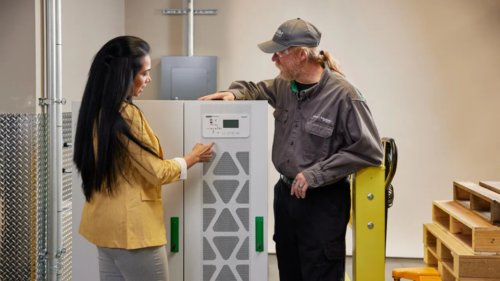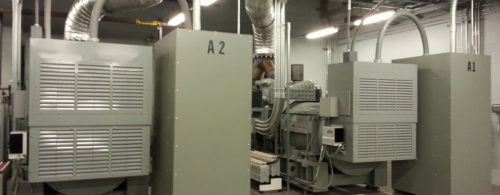Another Boost for DG
Today's efforts to boost electricity-transmission capacity might be better addressed through incorporating more distributed-generation resources than by building new transmission lines, argues a new book published by the Rocky Mountain Institute (RMI). Entitled Small is Profitable, the book suggests that the large central-plant scheme on which today's electricity-production systems are based no...
Today’s efforts to boost electricity-transmission capacity might be better addressed through incorporating more distributed-generation resources than by building new transmission lines, argues a new book published by the Rocky Mountain Institute (RMI). Entitled Small is Profitable , the book suggests that the large central-plant scheme on which today’s electricity-production systems are based no longer make sense.
The authors, a group of RMI researchers and consultants, state that the central-plant model was developed during a time when the transmission systems were more reliable than the power plants. System designers tied multiple plants together with a large-scale transmission grid to help ensure reliability if any single plant went down. The authors say that today’s transmission lines have become stretched to their performance limits, while small generating-facility performance has increased markedly. This makes producing power at the local or on-site level a better financial decision than fighting the battles required to increase current transmission capacity.
The authors believe more holistic cost-benefit analyses of distributed generation’s value will lead more facilities to incorporate fuel cells, cogeneration plants, photovoltaic cells and other distributed-generation equipment. Such analyses, which would include such factors as portability, low fuel-price volatility and better fault management, would give a better picture of the current system’s true costs, claim the authors. They go on to list 207 specific benefits distributed generation can offer.
The book can be accessed online at: www.smallisprofitable.org .
From Pure Power, Winter 2002
Do you have experience and expertise with the topics mentioned in this content? You should consider contributing to our CFE Media editorial team and getting the recognition you and your company deserve. Click here to start this process.




